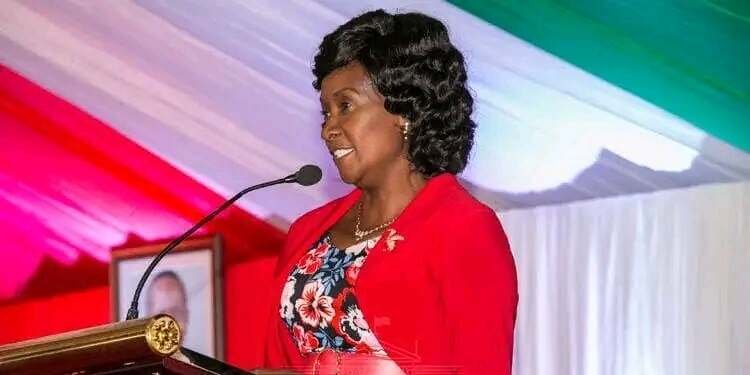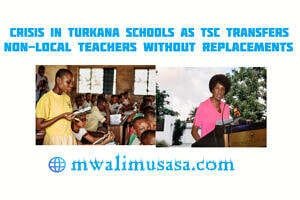Government Cracks Down on Unauthorized School Fees Collection as School Heads Push for Ksh 27,000 Increase


The debate over school fees in Kenya has intensified, with the government reinforcing its crackdown on unauthorized collections while school heads push for an increase of Ksh 27,000. This has sparked concerns over affordability, transparency, and financial accountability in schools.
The Lufinga Girls’ Secondary School Case
A recent case at Lufinga Girls’ Secondary School has drawn national attention to the issue of school fee collection. A concerned parent lodged a complaint with the Commission on Administrative Justice (CAJ), accusing the school principal of collecting fees through a mobile money shop and allegedly mismanaging funds. The parent also raised concerns about unfair treatment of students and lack of parental involvement in school matters.
Following an investigation, the Teachers Service Commission (TSC) confirmed that while there was no evidence of financial mismanagement, the school had failed to involve parents in decision-making. As a corrective measure, the principal was directed to establish a parents’ association to improve transparency and communication.
Government’s Stand on School Fees
The Kenyan government has taken a firm stance against unauthorized school fee collections, emphasizing that all institutions must adhere to the official guidelines outlined in Kenya Gazette Notice No. 1555 of March 2015. Education Cabinet Secretary Ezekiel Machogu has issued stern warnings to school heads imposing additional levies without approval, stating that such actions will result in disciplinary measures.
To enforce compliance, the Ministry of Education has implemented the following measures:
- Mandatory Fee Declaration Forms: Schools must submit fee declaration forms countersigned by Sub-County Directors of Education to ensure transparency.
- Prohibition of Unauthorized Charges: Schools cannot impose extra levies beyond the approved fee structure.
- Ban on Uniform and Item Sales in Schools: Schools are prohibited from selling uniforms, books, or other school supplies within the premises to prevent exploitation of parents.
Education officials have further stated that fees for the 2025 academic year should remain unchanged from 2024, cautioning school administrators against arbitrary hikes.
The Push for a Ksh 27,000 Fee Increase
Despite the government’s stance, school heads have been pushing for an increase in school fees by Ksh 27,000, arguing that rising operational costs, inflation, and infrastructure needs require additional funding. According to school administrators, the current fee cap does not match the increasing cost of utilities, teacher allowances, and maintenance of learning institutions.
However, the government has rejected this proposal, citing concerns that such an increase would financially strain parents and potentially lock out students from education. Officials have emphasized that any adjustments must go through the legal approval process before implementation.
The push for a fee increase has also drawn mixed reactions from education stakeholders. While some support the need for better funding to improve learning conditions, others argue that the solution lies in better financial management rather than passing the burden to parents.
Implications for Parents and Schools
Unauthorized school fee hikes have serious consequences for both parents and students. If schools implement unapproved increases, many families—especially those from low-income backgrounds—may struggle to keep their children in school. This could lead to increased dropout rates and reduced access to quality education.
The Ministry of Education has urged parents to remain vigilant and report any cases of extra charges, unauthorized levies, or illegal school fee increments. Reporting such issues to the relevant authorities, including the Ministry and the TSC, can help ensure that schools remain accountable and follow government directives.
Conclusion
The ongoing debate over school fees collection highlights the delicate balance between schools’ financial needs and parents’ ability to pay. While school heads argue that rising costs justify higher fees, the government insists on maintaining affordability and ensuring that schools follow the proper channels for fee adjustments.
The case of Lufinga Girls’ Secondary School serves as a wake-up call for schools to uphold transparency and parental involvement in financial matters. As the 2025 academic year approaches, all eyes will be on the Ministry of Education and school heads to see how this issue unfolds. Will the government maintain its strict stance, or will there be room for a negotiated fee adjustment? One thing remains certain—parents, teachers, and students are keenly watching.






